Pets bring immense joy and companionship into our lives, becoming beloved members of our families. However, even the most well-meaning pet owners can inadvertently make mistakes that negatively impact their pets’ health and well-being. Understanding these common errors is crucial in providing the best care possible for our furry friends. This article will explore seven ways you might be accidentally hurting your pet and offer practical advice on how to avoid these pitfalls. By becoming aware of these issues, you can ensure your pet lives a happier, healthier life.
Contents
Inadequate Nutrition
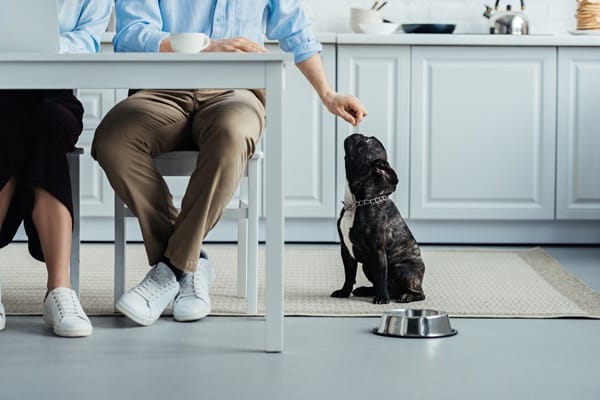
Providing your pet with proper nutrition is foundational to their health. Many pet owners, however, unintentionally harm their pets by feeding them an unbalanced diet. Human foods, though seemingly harmless, can be dangerous or even toxic to pets. Items such as chocolate, grapes, and onions are well-known hazards, but even foods considered safe can cause digestive issues and nutritional imbalances.
Additionally, relying on poor-quality commercial pet food can lead to a host of health problems. Low-grade pet foods often contain fillers, artificial additives, and insufficient nutrients, which can contribute to obesity, allergies, and other health issues. Consulting a veterinarian to determine the best diet for your pet’s specific needs is essential. They can guide you on selecting high-quality pet food and appropriate portion sizes to ensure your pet receives all the necessary nutrients.
Lack of Exercise

Exercise is just as important for pets as it is for humans. Unfortunately, many pets do not get the physical activity they need, leading to various health issues. Inactive pets are at higher risk of obesity, which can cause joint problems, diabetes, and a shorter lifespan. Regular exercise helps maintain a healthy weight and strengthens muscles and joints.
Beyond physical health, exercise also provides mental stimulation, reducing the risk of behavioral problems such as anxiety and destructive behavior. Dogs, for instance, require regular walks and playtime, while cats benefit from interactive toys and climbing structures. Incorporating exercise into your pet’s daily routine can be as simple as setting aside dedicated playtime or creating engaging environments that encourage physical activity.
Improper Grooming
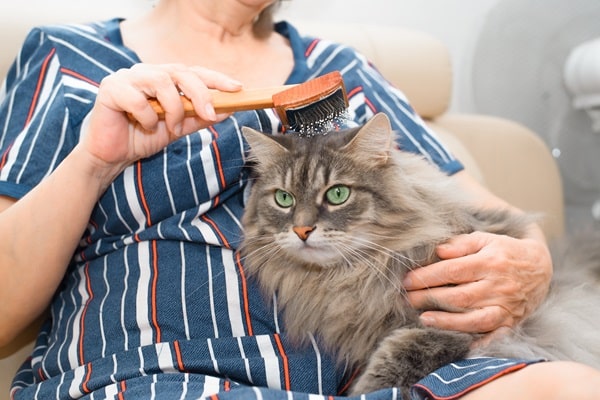
Grooming is more than just keeping your pet looking good; it’s essential for their overall health. Many pet owners make grooming mistakes, such as not brushing their pets frequently enough or using the wrong grooming products. These errors can lead to skin irritations, infections, and discomfort for your pet. Regular brushing helps remove dirt, spread natural oils, and prevent matting, which is especially important for long-haired breeds.
Health problems related to poor grooming are not uncommon. Mats and tangles can cause pain and lead to skin infections, while untrimmed nails can result in painful walking or even injuries. Each type of pet has specific grooming needs, so it’s vital to understand and adhere to best practices for your pet. For example, dogs may require regular baths and nail trims, while cats typically need frequent brushing to manage shedding and hairballs.
Neglecting Dental Care
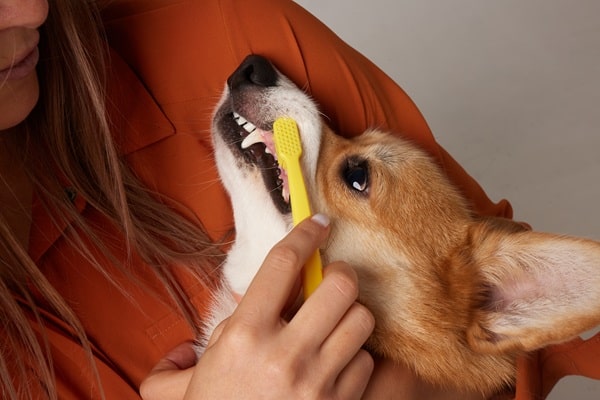
Dental hygiene is often overlooked in pet care, yet it plays a crucial role in your pet’s overall health. Neglecting dental care can lead to serious issues like tooth decay, gum disease, and even systemic infections that affect other organs. Many pets suffer in silence from dental pain, which can significantly impact their quality of life. Signs of dental issues include bad breath, difficulty eating, and noticeable changes in behavior due to discomfort.
Maintaining your pet’s dental health involves regular brushing and providing dental treats or toys designed to reduce plaque buildup. Veterinary dental check-ups are also essential to catch and address problems early. While brushing your pet’s teeth may seem daunting, starting gradually and using pet-friendly toothpaste can make the process easier. Consistent dental care routines can prevent painful dental diseases and help ensure your pet maintains a healthy mouth throughout their life.
Ignoring Behavioral Issues
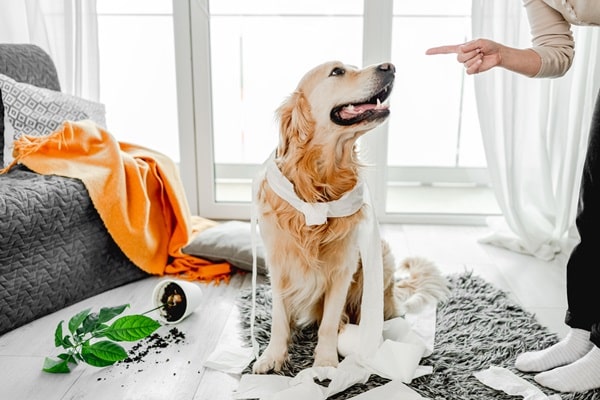
Behavioral issues in pets are more than just minor annoyances; they can indicate underlying health or psychological problems. Common issues such as excessive barking, aggression, and destructive behavior can stem from various causes, including anxiety, boredom, or medical conditions. Ignoring these signs can exacerbate the problem, making it harder to address later on.
Addressing behavioral issues promptly is vital for your pet’s mental and emotional well-being. Strategies for managing these problems include providing sufficient mental stimulation, establishing a consistent routine, and using positive reinforcement training techniques. Consulting with a professional, such as a veterinarian or a certified animal behaviorist, can also provide valuable insights and tailored solutions. Taking proactive steps to understand and resolve behavioral issues can lead to a happier, more balanced pet.
Inadequate Veterinary Care
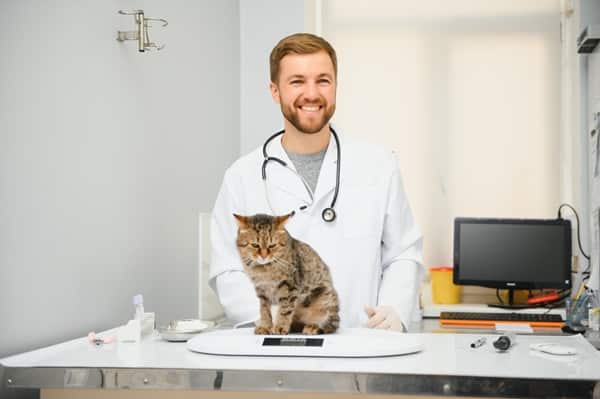
Regular veterinary care is essential for maintaining your pet’s health, yet many pet owners only visit the vet when there is an obvious problem. Preventive care, including vaccinations, routine check-ups, and early detection of potential health issues, is crucial in keeping your pet healthy. Skipping or delaying vet visits can lead to undiagnosed conditions that may worsen over time, making treatment more complicated and costly.
Finding a trustworthy vet and establishing a routine for regular visits is key to proactive pet care. A good vet can offer guidance on all aspects of pet health, from nutrition to behavioral concerns. Additionally, staying up-to-date with vaccinations and preventive treatments for parasites like fleas and ticks can prevent many common illnesses. Investing in regular veterinary care ensures that your pet receives the necessary medical attention to live a long, healthy life.
Exposure to Harmful Substances
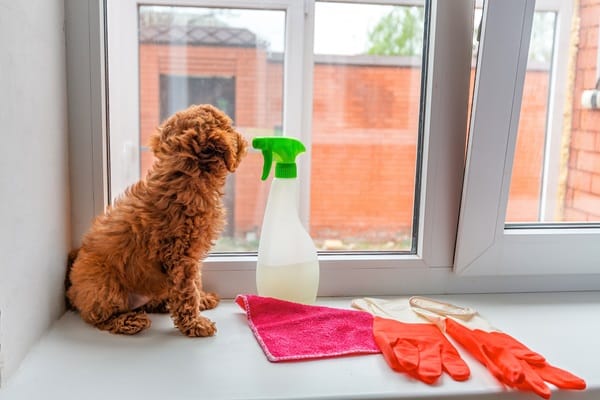
Pets are naturally curious, often exploring their environment with their noses and mouths. This curiosity can lead to accidental exposure to harmful substances commonly found in households. Many foods that are safe for humans, such as chocolate, grapes, and onions, are toxic to pets and can cause severe health issues. Additionally, certain houseplants, like lilies and poinsettias, are dangerous if ingested by pets.
Household chemicals and medications also pose significant risks. Cleaning products, antifreeze, and even some over-the-counter medications can be lethal if consumed by pets. It’s crucial to pet-proof your home by storing these substances securely out of reach. Awareness and prevention are key to creating a safe environment for your pet. Regularly checking your home for potential hazards and educating yourself on what substances are harmful can prevent accidental poisonings and ensure your pet’s safety.
Ensuring Your Pet’s Well-Being
Being aware of the common mistakes that can harm your pet is the first step toward providing better care. By addressing issues such as inadequate nutrition, lack of exercise, improper grooming, neglecting dental care, ignoring behavioral problems, inadequate veterinary care, and exposure to harmful substances, you can significantly improve your pet’s quality of life. Taking proactive measures and seeking professional guidance when necessary will help ensure your pet remains healthy and happy. Remember, a little extra attention and care can go a long way in safeguarding your beloved companion’s well-being.


